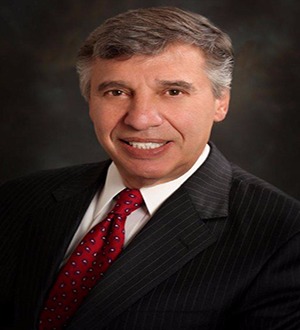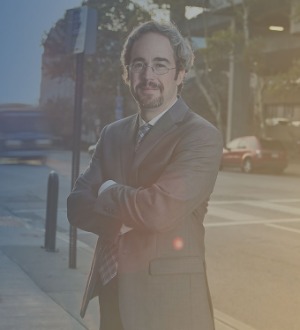Salvador Dalí died in 1989, leaving behind an impressive production of artwork and an indelible mark on contemporary art history. His flamboyant personality made him extremely popular worldwide, and he became one of the 20th century’s most celebrated artists—Man Ray’s photograph of Dal appeared on the cover of Time magazine as early as 1936.
At the time of his death, there was wild speculation as to who would inherit his fortune, the intellectual property in the work of a prolific life and his image rights. Dalí’s wife Gala died seven years before he did, the couple had no children, and he had not been on speaking terms with his only sister for years. Dalí was born in Figueres, Catalonia, and the government of the autonomous region expected to receive at least half of his legacy. Against all odds, 15 days after his death, a notary public revealed that Dalí had secretly made a will in 1982 and had appointed the Spanish State as universal inheritor of all his goods, rights, and artistic creations.
From 2001, the Spanish Ministry of Culture entrusted the Gala-Salvador Dalí Foundation (set up by Dalí himself in 1983) with the management and exploitation of Dalí’s image rights. The foundation has relied ever since on Spanish Organic Law 1/1982 on the civil protection of honor, privacy, and one’s own image (LO 1/1982) in order to exploit the artist’s image and defend it from any unauthorized commercial use.
However, in its June 20, 2016 ruling, the Supreme Court of Spain has declared that Dalí’s personality rights—and in particular, the right to his own image—vanished with his death, and that the foundation lacks legal standing to lay claim to the only post-mortem right that would remain under LO 1/1982: the right to preserve his memory from any derogatory treatment.
It is beyond question that personality rights expire with death and that post-mortem protection of such a personal sphere should be limited to preserving memory.
The case involved the unauthorized exhibition of the so-called “Clot Collection” of Dalí sculptures by the Real Círculo de Arte de Barcelona. In addition to intellectual property claims, the foundation alleged violation of image rights due to the dissemination of several photographs of the artist. The lower judicial instances ruled in favor of the foundation regarding intellectual property but dismissed the claim based on violation of image rights. The Supreme Court has now followed suit and has concluded that LO 1/1982 does not grant a post-mortem right to prevent any unauthorized use of Dalí’s image, but only use that tarnishes his memory.
Leaving aside the foundation’s lack of legal standing (as Dalí did not name it in his will, as required by LO 1/1982), the judgment appears to be rather rigid in its interpretation of the protection of image rights of the deceased under LO 1/1982.
In Spain, the right to one’s image is a fundamental right enshrined in the Constitution and is construed as a personal right stemming from every person’s dignity. As a fundamental right, claimants enjoy a special, fast-track legal proceeding when asserting personality rights including, in certain cases, the possibility of filing an appeal before the Constitutional Court. The Constitutional Court has nonetheless distinguished in its case law between personal aspects of image rights and purely economic interests (i.e., publicity rights), conceding in some rulings that the latter are also protected by LO 1/1982 through the ordinary courts. Heirs and estates of celebrities have relied on this protection to economically exploit image rights and to prevent the unauthorized commercial use of the person’s name or likeness. The ruling in the Dalí case seems to move away from this interpretation.
Conclusion
It is beyond question that personality rights expire with death and that post-mortem protection of such a personal sphere should be limited to preserving memory. However, the courts had never stated that economic image rights were not protected after death, either through LO 1/1982 or through common law. LO 1/1982 has become obsolete; its considerable shortcomings need to be addressed, but it is not obvious from the way it is worded that the economic aspects of image rights are excluded outright. The Dalí case leaves heirs and estates of celebrities in an ambiguous position, and it is highly likely to give rise to further litigation to clarify the scope of protection.



























